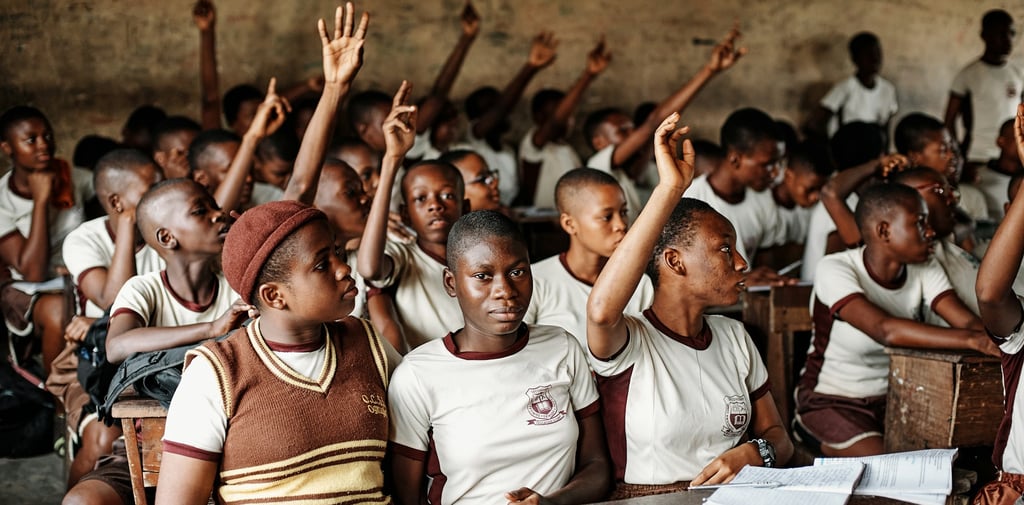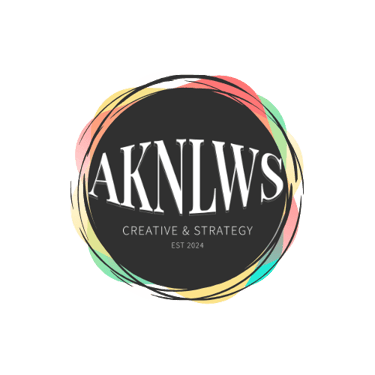Unwrapping a Country that Cannot Read
This post was originally written in May 2019 and has been in my drafts since then. Why am I publishing it now? Well, because I am “doing it afraid.” And I needed a sort of preamble to a new monthly essay series I am working on.
PERSONAL


Let’s talk about Nigeria’s comprehension — and by extension, education — problem.
I think I have figured it out. It’s not a pleasant realisation — in fact it is heartbreaking — but I feel like it’s incredibly useful that I came to this conclusion. Useful for my mental health, my soul and for coping with the shit show also known as Nigeria.
The realisation that has dawned on me and led to that [frankly] dramatic first paragraph is a simple one: beyond an obvious education and literacy problem, majority of the Nigerian populace suffer from a terrible, terrible lack of basic comprehension skills. I’ll tell you why I think so and you can bet your mother’s house that I have the receipts to back up my thesis.
First, some cold hard facts.
Nigeria has consistently ranked in the top five countries globally with the highest number of out-of-school children in the past decade.
In 2023, more than 75 per cent of Nigerian children aged seven to 14 years could not read simple sentences or solve basic mathematics problems.
Several Nigerian states have literacy rates of 20% or less. As in, less than 20% of their population can read and/or write.
Nigeria’s Academic Staff Union of Universities (ASUU) has gone on labour and welfare-related strikes almost every year since 1992.
There are also no nationally-recognised teacher hiring guidelines and private school teaching is hardly regulated.
One more, for the culture.
Between 2010 and now, no Nigerian government has ever allocated more than 10% of the annual budget toward education. UNESCO recommends 15–20% of the national budget be channeled toward education.
Clearly, Nigeria’s education (and comprehension) problem is ginormous. It has also been present for a long time and, in my not-so-humble opinion, we are not doing enough about it as a people because the negative effects are not immediately tangible.
“Of Nigeria’s entire population, about 59.9 per cent are literate (i.e. can read and write in a particular language). Let us take it for 60 per cent. Males constitute about 69.2% of this figure while the percentage for females is 49.7%. With this literacy rate, Nigeria, as in other fields of human development, ranks a lowly 144 of 162 on the global literacy index,” wrote former president Olusegun Obasanjo in a May 2019 op-ed.
Anyway, this poor comprehension thing became extremely obvious to me back in 2019. At that point in my ongoing romance with capitalism, I led communications for a young fintech startup — let’s call it Lime. This startup sold digital, no-collateral loans at the time, and about 80% of its target audience were Nigerians between the ages of 25 and 50. They were, for the most part, reasonably educated, employed (self and otherwise) or owned informal micro-businesses. Most importantly for Lime though, it’s potential customers had to own a smartphone. It was the only way to access Lime’s products.
This brings us to a keyword for this story: “Optional.” You see, during the sign-up process, a potential customer could enter a referral code — if they had been given one by whoever referred them to Lime. (Quick aside: I am not the only person that has never won a single thing from this “use my referral code” business, right? Right?)
Right inside that referral code box, in brackets and bold legible font, is the word “optional.” (Fun exercise: Tell me what you think this means in the comment section, or just leave me a note).
Shockingly, about 25% of the most frequent complaints my team received across various channels were from people complaining that they could not complete the sign-up process because they did not have referral codes. (Wait, what? That can’t be right.)
Read the full multimedia version of this piece on Substack.*
